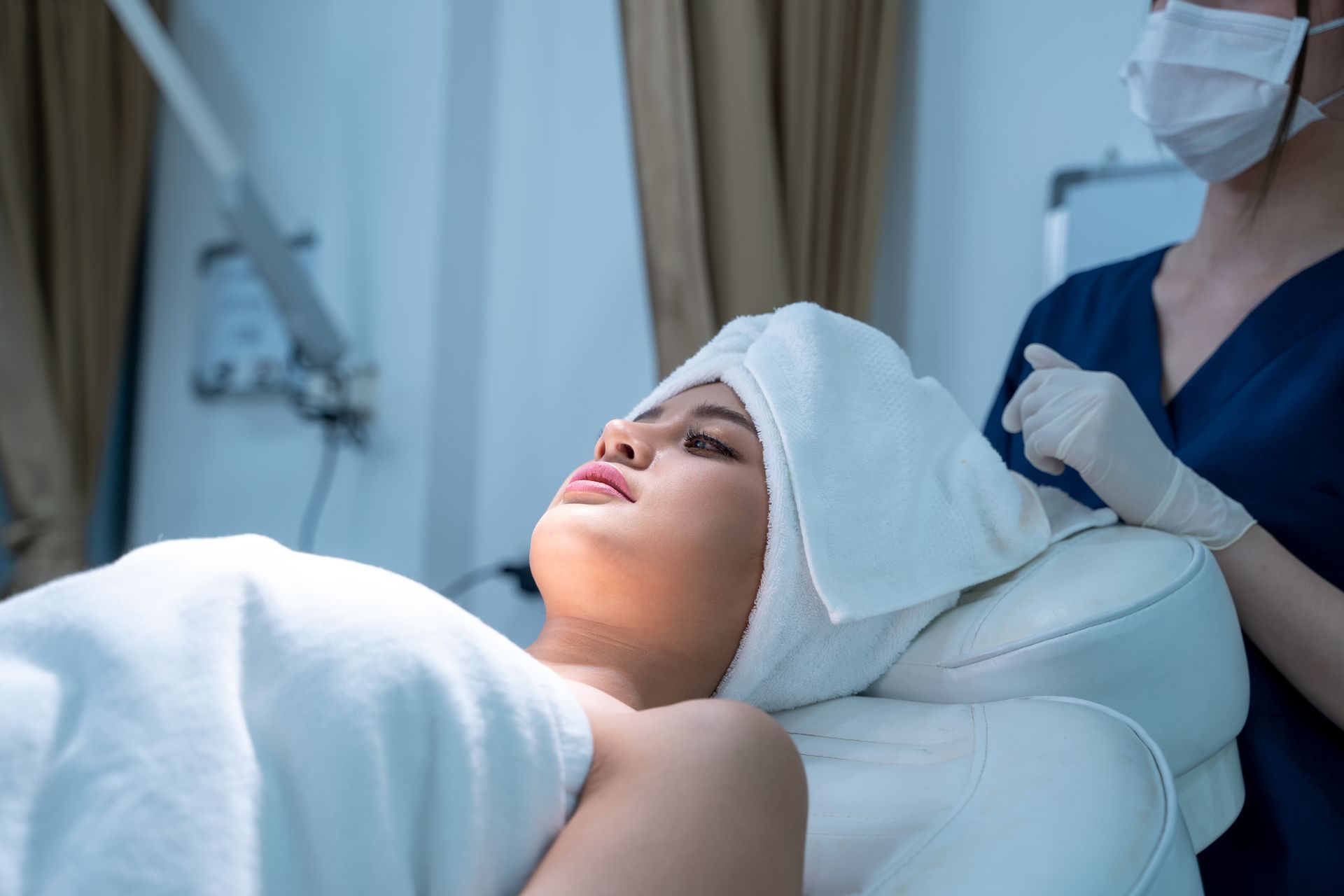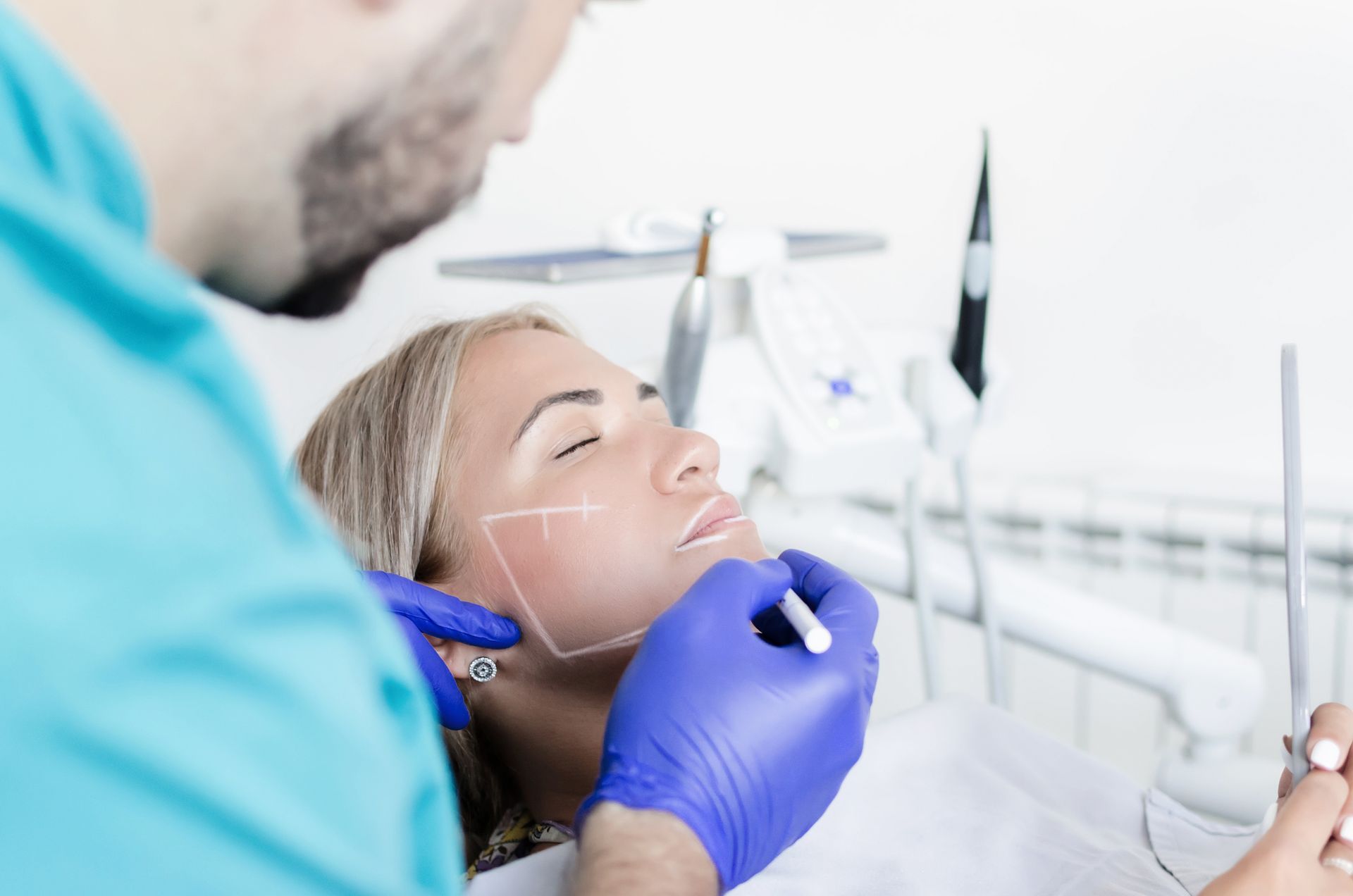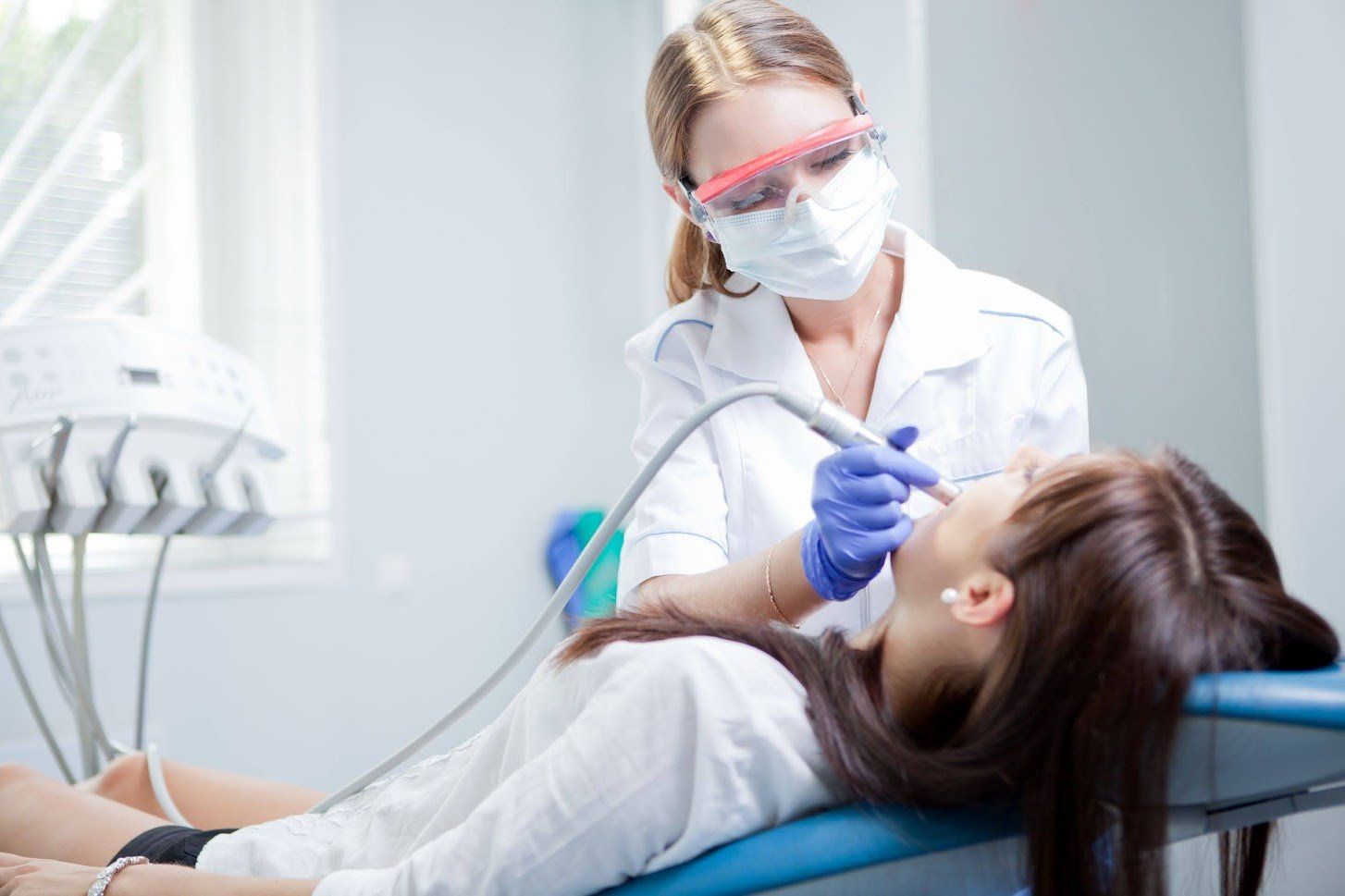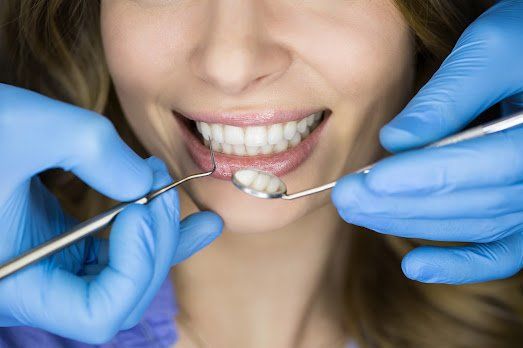3 Dental Issues That Can Affect Your Ears
3 Dental Issues That Can Affect Your Ears
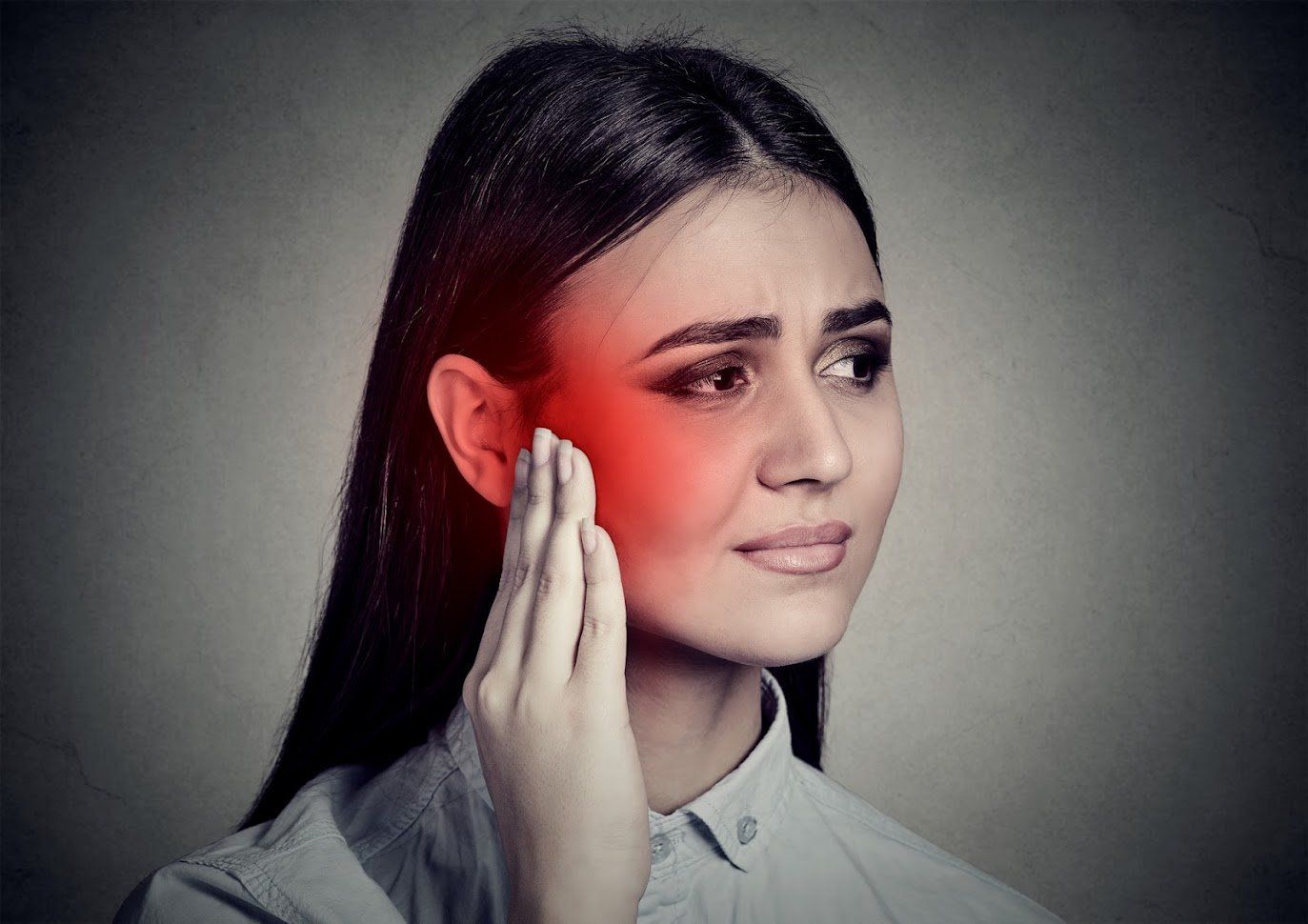
Your ears harbor a complex combination of acoustical structures and sensitive nerve endings that make normal hearing possible. Unfortunately, a variety of problems can interfere with this system, resulting in everything from acute earaches to long-term irreversible hearing loss. Some of these problems may even start in your mouth.
The more you know about the relationship between the state of your oral health and the state of your ears and hearing, the more easily you can protect yourself against disorders and diseases that can affect both of these critical areas of the body. Take a look at three dental situations that might affect ear comfort and function.
1. Infected Tooth Roots
If you have ever experienced a throbbing toothache, you may know full well how drastically an infected tooth can impact your life. Many toothaches develop when bacteria gets through the protective barrier of enamel and invades the nerve tissue inside the tooth roots, causing severe pain and possibly an abscessed jaw.
The pain you feel from an infected tooth may not confine itself to the tooth in question. The nerves that relay pain signals to and from your teeth run through the jaw, with the nerves in the upper jaw lying quite close to the ear canals. Referred pain from your infected tooth can, therefore, trigger an acute earache as well.
You can solve this problem by treating your infected tooth. Your dentist can administer root canal therapy to remove painfully infected nerve tissue from the tooth roots, easing your symptoms while also removing bacteria that might otherwise spread to other parts of your body.
2. Periodontal Disease
The same bacteria that attack tooth roots can also attack the gum tissue surrounding your teeth. When your immune system responds with inflammation, that inflammation may destroy the gum tissue instead of the bacteria, producing a chronic condition called periodontal disease that can eventually cause tooth loss.
Your body's response to the invading bacteria can also affect your hearing. You may experience narrowing blood vessels that nourish tiny nerve cells in your ears. As these nerve cells die off and stop sending aural information to the brain, you can develop some degree of permanent hearing loss.
Minimize your odds of developing periodontal disease by undergoing regular dental cleanings and practicing thorough dental hygiene at home. If you do develop periodontal disease, your dentist can treat the condition before it poses major threats to your hearing or general health.
3. TMJ Disorders
Right next to each of your ears sits a complex joint known as the temporomandibular joint, or TMJ. This joint enables the jaw to move up and down and from side to side so you can eat and talk easily. When an injury or degenerative condition strains or damages the temporomandibular joint, it can limit jaw function and cause jaw pain.
A TMJ disorder affecting one side of your jaw can also affect the neighboring ear. You may experience a variety of disturbing symptoms, including tinnitus (ringing in the ear), reduced or muffled hearing, a full or clogged sensation in the ear, and an earache.
Dentists can often treat TMJ disorders related to bite alignment problems or bruxism (tooth grinding), both of which can place abnormal strain on the joint. Ask your dentist to check for signs of a TMJ disorder and recommend corrective care that addresses the particular cause of your distress.
If you suffer from an ear or hearing issue that doesn't originate in the ears themselves, schedule an appointment at Pittsburgh Dental Spa. We can thoroughly check for dental issues that might cause or contribute to the problem, providing you with treatment as needed to get those problems under control.
Reviews from real patients:
Carmen up front is the nicest person ever! First time I met her she was running around doing many jobs and still being oh so sweet. Dr. Kelly is just as amazing! They truly make you feel comfortable and the atmosphere is amazing. Highly recommend!!
Brianna Bangs


